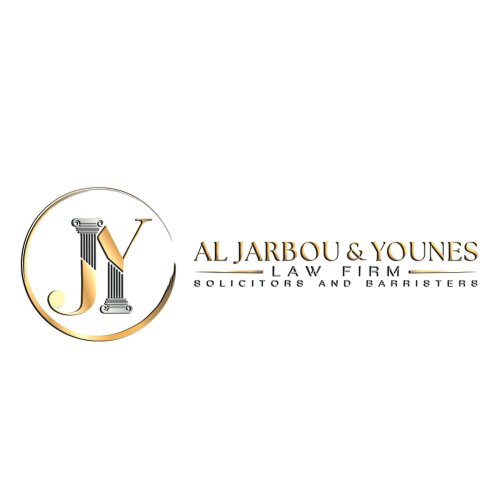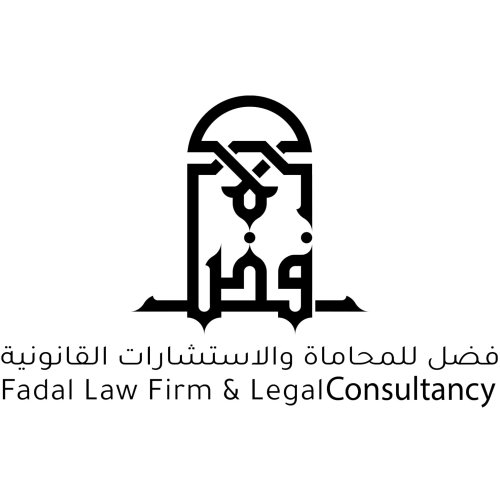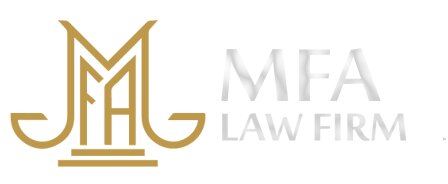Best Water Law Lawyers in Riyadh
Share your needs with us, get contacted by law firms.
Free. Takes 2 min.
List of the best lawyers in Riyadh, Saudi Arabia

About Water Law in Riyadh, Saudi Arabia
Water Law in Riyadh, Saudi Arabia is governed by a set of regulations and policies designed to manage the allocation, use, conservation, and protection of water resources. Due to the Kingdom's arid environment and growing demand for water, these laws aim to regulate water extraction, distribution, usage rights, pollution control, and the operation of infrastructure such as wells, dams, desalination plants, and wastewater facilities. The Saudi government places significant emphasis on sustainable water management and addresses both urban and agricultural needs through comprehensive legal frameworks.
Why You May Need a Lawyer
You may require the services of a lawyer specializing in Water Law in Riyadh for various reasons. Common situations include resolving water rights disputes, obtaining permits for the extraction or use of water, compliance with environmental or public health regulations, dealing with cases related to water contamination or pollution, negotiating water supply contracts, and addressing issues arising from infrastructure projects. A water law lawyer can provide critical guidance on regulatory compliance, represent clients in disputes with government bodies or other parties, and assist in navigating the often complex administrative procedures associated with water management in Saudi Arabia.
Local Laws Overview
Water Law in Riyadh operates under a mix of national legislation, royal decrees, and local directives. Key aspects include legislation such as the Water Law issued by Royal Decree No. M-159 in 1441H, which organizes the management, protection, development, and monitoring of water resources. The Ministry of Environment, Water and Agriculture (MEWA) is the principal authority overseeing water laws, while the National Water Company (NWC) administers supply and infrastructure. The laws cover water extraction licenses (especially for wells), use of desalinated and groundwater, penalties for illegal extraction or pollution, controls on water pricing, and rights relating to agricultural and domestic usage. Environmental aspects are also regulated, particularly the control of water pollution and the ecological impact of developmental projects.
Frequently Asked Questions
What is the main authority overseeing water regulation in Riyadh?
The Ministry of Environment, Water and Agriculture (MEWA) is the principal regulatory body responsible for water management and enforcing Water Law standards in Riyadh.
Do I need a permit to drill a well or extract groundwater?
Yes, individuals and companies must obtain a permit from MEWA before drilling wells or extracting groundwater to ensure resources are managed sustainably and to prevent illegal usage.
Can I use groundwater for agricultural purposes?
Groundwater can be used for agriculture, but users must comply with licensing requirements and usage limits prescribed by the relevant authorities to prevent over-extraction and depletion.
What are the legal consequences of water pollution?
Water pollution is strictly prohibited. Violators may face fines, service suspension, or in severe cases, criminal prosecution, depending on the extent and nature of the infraction.
Is it possible to transfer water rights?
Water rights in Saudi Arabia are regulated and cannot be transferred freely. Any change in ownership or use must be approved by the competent authorities.
How is water pricing regulated?
Water pricing for residential and commercial consumers is set by the government, taking into account supply costs, conservation policies, and broader economic factors.
What should I do if I have a dispute with the water supplier?
You should attempt to resolve the issue directly with the supplier. If unsatisfactory, you can file a complaint with the National Water Company or escalate the matter to the relevant regulatory authorities or courts.
Are there special rules for businesses using large quantities of water?
Yes, businesses with high water consumption, such as industrial or agricultural enterprises, face stricter regulations and reporting requirements and must often implement conservation measures.
How are water-related environmental issues managed?
Environmental protection laws work alongside water regulations to manage issues like discharge of waste, industrial runoff, and preservation of natural water bodies. MEWA and other environmental authorities oversee compliance.
Can foreigners own or use water resources?
While foreigners can legally use water services, ownership or direct management of key water resources is subject to strict regulations and may require government approvals or partnership with Saudi entities.
Additional Resources
For further information or assistance regarding Water Law in Riyadh, you may consult the following resources:
- Ministry of Environment, Water and Agriculture (MEWA)
- National Water Company (NWC)
- Saudi Water Conversion Corporation (SWCC) for desalination projects
- Supreme Council for Environment
- Local Environmental Societies
- Licensed legal service providers specializing in Water Law
Next Steps
If you require legal assistance in Water Law in Riyadh, start by collecting all relevant documents and a clear record of your issue. Reach out to a reputable law firm or specialist with experience in Water Law. Prepare a list of questions to ask and outline your objectives. You may also wish to contact MEWA or the National Water Company for guidance on regulatory compliance or dispute resolution mechanisms. Ensure the lawyer you choose is familiar with local regulations and has a track record in Water Law matters to ensure the most effective representation and advice.
Lawzana helps you find the best lawyers and law firms in Riyadh through a curated and pre-screened list of qualified legal professionals. Our platform offers rankings and detailed profiles of attorneys and law firms, allowing you to compare based on practice areas, including Water Law, experience, and client feedback.
Each profile includes a description of the firm's areas of practice, client reviews, team members and partners, year of establishment, spoken languages, office locations, contact information, social media presence, and any published articles or resources. Most firms on our platform speak English and are experienced in both local and international legal matters.
Get a quote from top-rated law firms in Riyadh, Saudi Arabia — quickly, securely, and without unnecessary hassle.
Disclaimer:
The information provided on this page is for general informational purposes only and does not constitute legal advice. While we strive to ensure the accuracy and relevance of the content, legal information may change over time, and interpretations of the law can vary. You should always consult with a qualified legal professional for advice specific to your situation.
We disclaim all liability for actions taken or not taken based on the content of this page. If you believe any information is incorrect or outdated, please contact us, and we will review and update it where appropriate.
















